Search
Remove Ads
Advertisement
Search Results
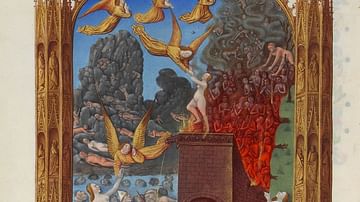
Article
Ghosts in the Middle Ages
The medieval Church informed the people's religious imagination during the Middle Ages (c. 476-1500) and the world was therefore interpreted - even by heterodox Christians - through the Church's lens. Ghosts – referred to as revenants – were...
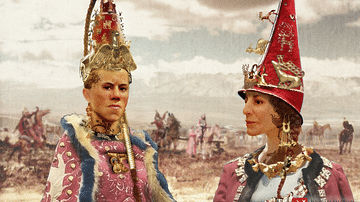
Article
Scythian Women
Scythian women garnered leadership roles and a raised level of status in their day, which is perhaps without parallel until recent times. While many female figures rose to pivotal roles in history, their rise was not a reflection of systemic...
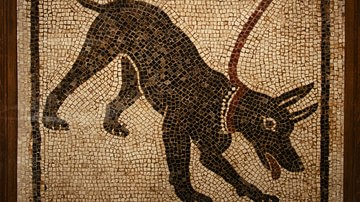
Article
Dogs in the Ancient World
Dogs have been a part of the history of human beings since before the written word. The ancient temple of Gobekli-Tepe in Turkey, dated to at least 12,000 years BCE, has provided archaeologists with evidence of domesticated dogs in the Middle...
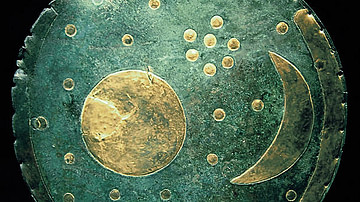
Article
The Nebra Sky Disk - Ancient Map of the Stars
The Nebra Sky Disk is one of the most fascinating, and some would say controversial, archaeological finds of recent years. Dated to 1600 BCE, this bronze disk has a diameter of 32cm (about the size of a vinyl LP) and weighs around 2 kg. It...
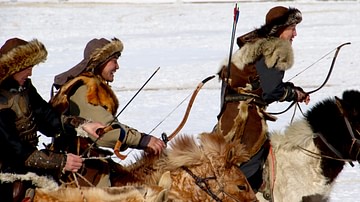
Article
The Nerge: Hunting in the Mongol Empire
The peoples of the Mongol Empire (1206-1368 CE) were nomadic, and they relied on hunting wild game as a valuable source of protein. The Asian steppe is a desolate, windy, and often bitterly cold environment, but for those Mongols with sufficient...
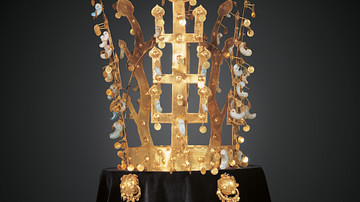
Article
The Gold Crowns of Silla
The Silla Kingdom ruled south-eastern Korea during the Three Kingdoms period (1st century BCE - 7th century CE) and then, as the Unified Silla Kingdom, all of Korea from 668 to 935 CE. The Silla produced fine pieces of art, but their most...
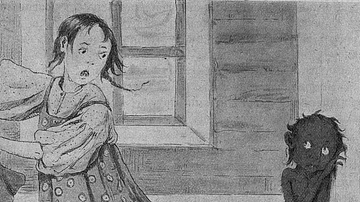
Definition
Kikimora
Kikimora (pronounced Kih-kee-mora) is a female house spirit from Slavic lore who can be helpful or malevolent depending on the behavior of the homeowner. In differing versions of her stories, there are two kinds of spirit, one generally helpful...
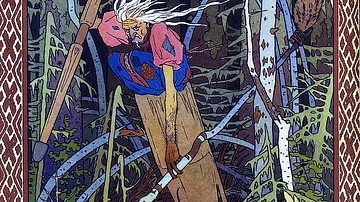
Image
Baba Yaga
An illustration portraying the Baba Yaga. The image comes from the traditional Russian fairy tale called Vasilisa the Beautiful that discusses the adventures of a young girl who encounters Baba Yaga upon being expelled from her home by her...

Article
Religion in the Middle Ages
Religion in the Middle Ages, though dominated by the Catholic Church, was far more varied than only orthodox Christianity. In the Early Middle Ages (c. 476-1000), long-established pagan beliefs and practices entwined with those of the new...
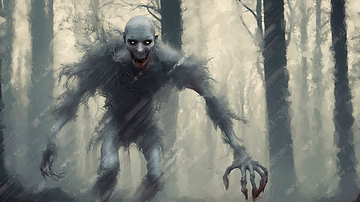
Article
Ten Native American Legendary Creatures You Need to Know
Native American lore features many legendary creatures and supernatural entities that were understood as beneficial to humanity but just as many that posed serious threats to be avoided. These beings, although frightening, often served an...